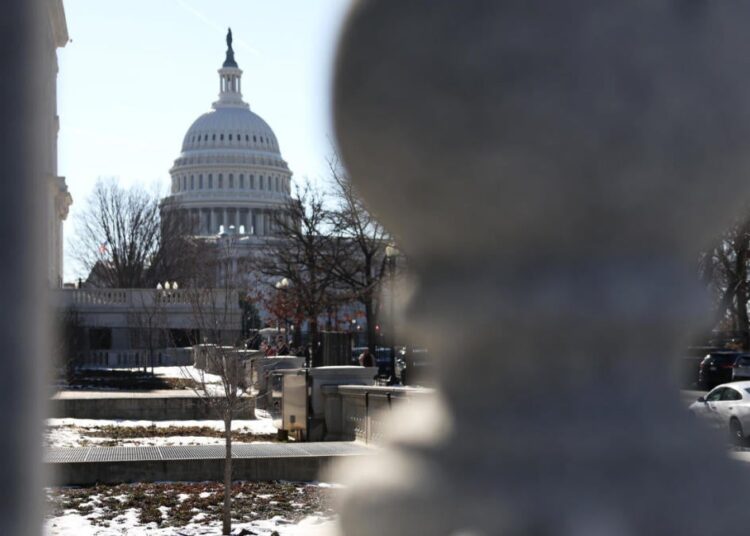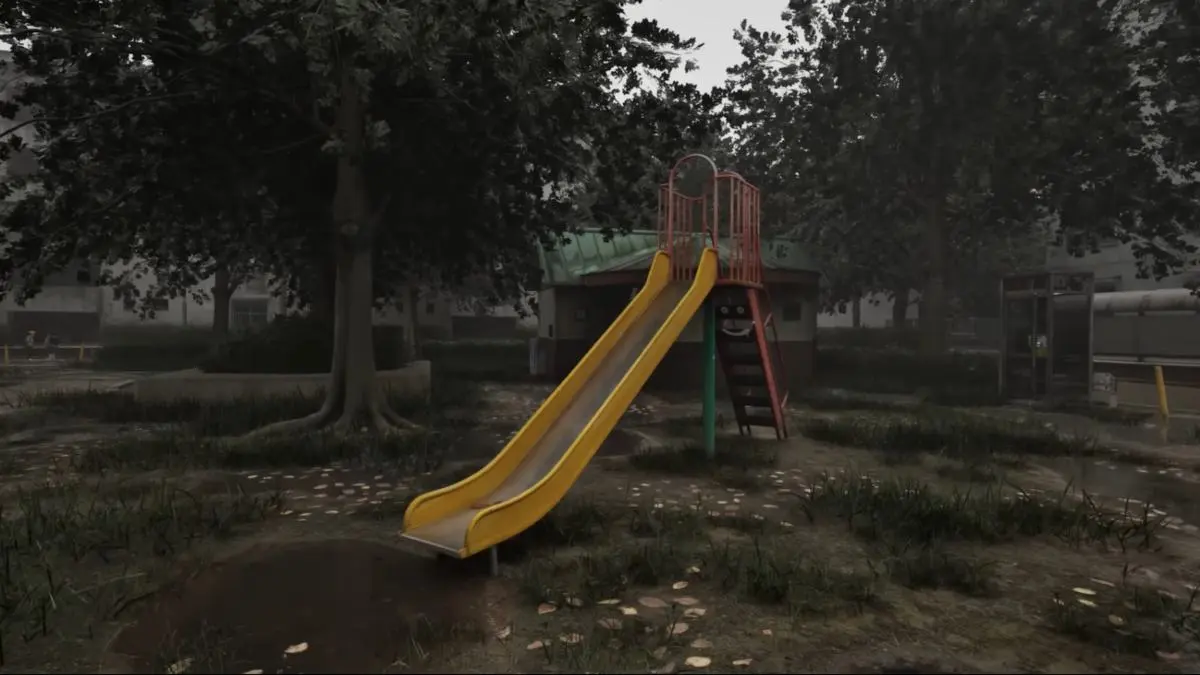Last June, a month after the landmark House settlement was agreed to, NCAA president Charlie Baker told a group of athletes and administrators assembled in Atlanta that he’d like to see guidance on a national standard for how Title IX fits into revenue sharing.
“What we really need on this one, in particular,” Baker said, “is the feds to give us guidance that says this is what a national standard with respect to Title IX and rev share should look like.”
Be careful what you wish for, Charlie.
The Department of Education finally delivered upon that request on Thursday, though the guidance isn’t what many within college athletics were expecting.
The Department of Education’s Office for Civil Rights, which oversees Title IX enforcement, said in its guidance that revenue share payments would be considered “athletic financial assistance” and thus should be divided “proportionally” between male and female athletes. This is significant because many athletic departments were not planning on divvying up that $20.5 million revenue share sum proportionally but instead giving the lion’s share to the revenue-generating sports football and men’s basketball.
To get you up to speed on what it all means and the potential ramifications, here are the key takeaways.
How could this impact your favorite school?
The easy answer is if your favorite school follows the guidance, it will have less money available to directly pay football and men’s basketball players than it may have been anticipating if the House settlement is approved and goes into effect in July.
For instance, if your school was planning on using 80 percent of the $20.5 million sum on football, that’s $16.4 million. If that football number dropped to say 50 percent to be proportional, it would instead be $10.25 million. That’s a significant decrease and one that could have a major impact on the schools that have aggressively spent during the recent December transfer portal window anticipating $15 million or more available to them in July.
As CBS Sports has previously detailed, the surge in player compensation, which industry experts have said is double of that from a year ago, has come from the convergence of NIL money and revenue share money hitting the market at the same time. It has led to multi-million dollar quarterback deals that have generated major headlines like former Georgia QB Carson Beck to Miami and former Tulane QB Darian Mensah to Duke.
Some programs were specifically trying to spend their entire NIL budget before revenue sharing went into place in to spend considerably more money this season.
“They’re looking to do as much as they can to deplete those budgets between January and June so those dollars won’t count towards the cap,” Opendorse President of Collegiate Operations, Blake Lawrence, whose NIL platform works with 100-plus Division I schools, told CBS Sports.
There was always a risk to this strategy, though, whether that was the House settlement approval process being delayed or a guidance like the Department of Education’s coming down. It’s one reason why some programs have been skittish about double-dipping this cycle and burning through their NIL reserves.
Do schools have to listen to this memo?
Short answer: No.
Disregarding the guidance could open up athletic departments to lawsuits, but then again so could following it. Why? Because football and men’s basketball players could potentially sue a school for not giving out a share proportional to the revenue those schools generate.
If the schools follow the back-damages formula included in the House settlement — the blueprint multiple schools have told CBS Sports they intended to follow — this recently issued Department of Education guidance could be used in lawsuits for violating Title IX.
It’s a tricky terrain for schools to navigate fraught with potential lawsuits no matter what path they take. But the Education Department guidance, as fascinating as it is, is not legally binding.
“Nobody is bound to go and follow this guidance document,” said Scott Schneider, a leading Title IX expert and founder of Schneider Education & Employment Law. “It is kind of a last-minute monkey wrench, though, because my phone was blowing up from folks calling about it. My counsel has been pretty much the same as, to quote ‘The Dude’, ‘That’s your opinion, man,’ and it’s just their opinion and my hunch is the incoming administration has a different opinion but it’s ultimately going to be resolved in litigation at some point.”
Knowing that potential lawsuits could come no matter what, the early reaction around Power Four leaders has been to stick with the original plan and make sure that the football and basketball programs can be successful with a bigger share of the funds. But that will be up to each individual school and will require a certain level of risk tolerance.
There is also an opportunity, according to Schneider, for schools to use the guidance to help gain greater clarity ahead of the first revenue share payments going out. Rather than waiting to be sued, Schneider said there are conversations going on behind the scenes about using this memo to get a declaratory judgement from the courts.
“The posture is given this guidance we need clarity from the court about what our obligations are and whether or not this is an accurate interpretation of Title IX,” he explained. “The Department (of Education) may have unwittingly provided some sophisticated litigants to get some clarity on this without the turmoil, costs and expense of having to litigate this vis a vis plaintiff attorneys and different sort of claims.”
How long will this guidance stand?
One of the first questions many college administrators and lawyers had after the guidance was released was how long it’d even remain in place. To some, it felt like a last-ditch effort from the outgoing Biden administration ahead of Donald Trump’s presidential inauguration Monday (Jan. 20).
Trump has already tabbed Linda McMahon, who served as the leader of the Small Business Administration in his previous term, to take over the Department of Education. That is subject to congressional approval but the early hope among college leaders CBS Sports talked to in the aftermath of the memo was that McMahon, the wife of former WWE CEO Vince McMahon, would rescind it once she gets her team in place.
The Trump administration, as a whole, is expected to be more friendly to the desires of college sports leaders. Sen. Ted Cruz, the chair of the powerful Senate Commerce Committee, accused the Biden administration of trying to kill college sports.
When reporters asked Baker at the NCAA Convention about this possibility, the former Massachusetts governor was noncommittal, according to Yahoo Sports.
“It’s really hard to tell,” Baker said. “That process usually takes a while with all the elements that are associated with turnover in administration. Some stuff happens right away, some stuff happens later and some stuff doesn’t change at all.”
Read the full article here



























Discussion about this post